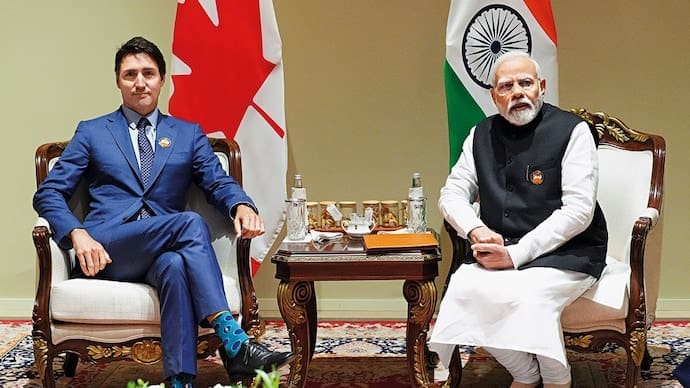The recent escalation of diplomatic tensions between India and Canada is unlikely to significantly disrupt bilateral trade and investment ties, according to a senior government official. While the overall impact is projected to be minimal, the potential for increased trade barriers and delayed FTA negotiations looms large.
Pulse Imports in Focus
A key area of concern is the import of pulses, particularly matar (peas) and masur (lentils), from Canada. India has traditionally relied on Canada as a major supplier of these commodities. However, in recent years, India has been diversifying its sourcing to reduce dependence on a single country. Factors such as favourable currency exchange rates with Russia and the ongoing diplomatic tensions with Canada have accelerated this shift.
FTA Negotiations on Hold
Experts believe that the current political climate could significantly delay or even derail the proposed India-Canada Free Trade Agreement (FTA) negotiations. Biswajit Dhar, a distinguished professor at the Council for Social Development, noted that the diplomatic row has effectively put the FTA on the back burner, at least until a change in the Canadian government.
Trade Volume and Composition
Despite the geopolitical tensions, bilateral trade between India and Canada remains relatively modest. In FY24, India’s exports to Canada amounted to $3.84 billion, while imports from Canada totalled $4.55 billion. Key Indian export items include pharmaceuticals, textiles, gems and jewellery, and engineering goods. Canada’s primary exports to India comprise pulses, crude oil, fertilisers, and aircraft and aviation equipment.
Industry Outlook
While the immediate impact on trade flows is expected to be limited, the long-term implications of the diplomatic rift remain uncertain. The private sector, which plays a crucial role in driving bilateral trade, has largely remained unaffected by the political tensions. However, any further escalation could lead to increased scrutiny of trade activities and potential restrictions on specific products or services.
As the situation evolves, businesses on both sides of the border will need to closely monitor developments and adjust their strategies accordingly. While the short-term outlook may appear stable, the long-term trajectory of Indo-Canadian trade relations hinges on the resolution of the current diplomatic impasse.

